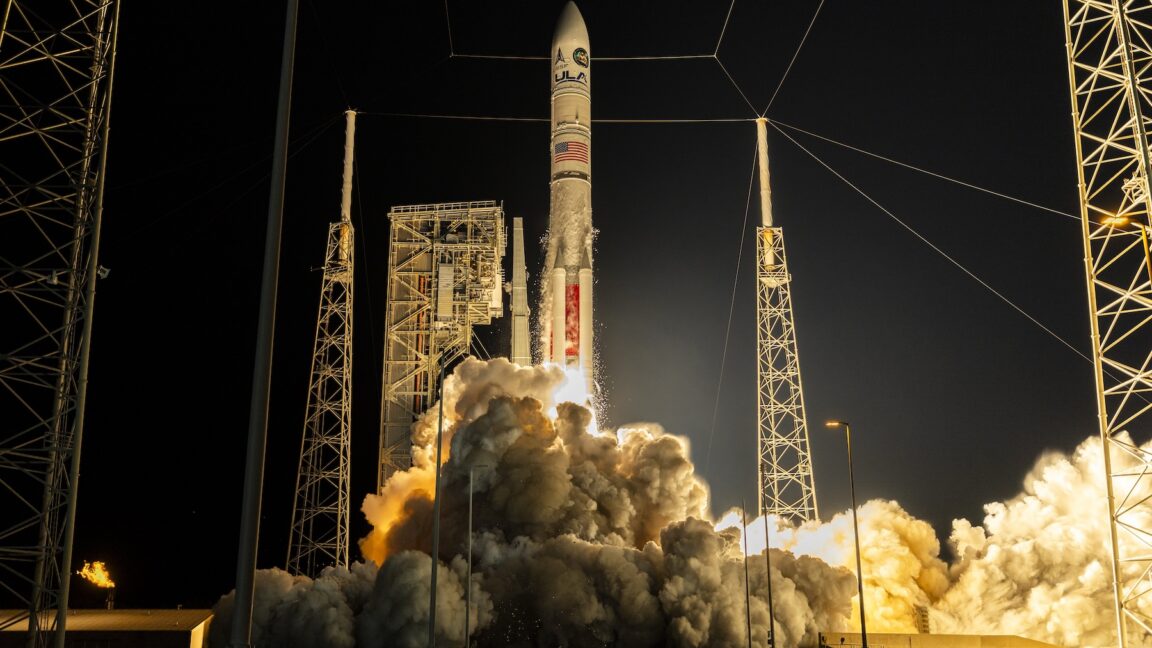
"Engineers traced the problem to a manufacturing defect in an insulator on the solid rocket motor, and telemetry data from all four boosters on the following flight in August exhibited "spot-on" performance, according to Bruno. But officials decided to recover the spent expendable motor casings from the Atlantic Ocean for inspections to confirm there were no other surprises or close calls."
"It isn't clear whether the latest delays are related to the readiness of the Space Force's GSSAP satellites (the next GPS satellite to fly on Vulcan has been available for launch since 2022), the inspections of Vulcan's solid rocket motors, or something else. A Space Systems Command spokesperson told Ars that "appropriate actions are being executed to ensure a successful USSF-87 mission ... The teams analyze all hardware as well as available data from previous missions to evaluate space flight worthiness of future missions.""
Engineers identified a manufacturing defect in an insulator on a solid rocket motor and telemetry from the subsequent flight showed nominal performance. Officials recovered spent expendable motor casings from the Atlantic Ocean for inspection to rule out additional issues. The immediate launch backlog is not limited by rocket hardware availability; ULA has multiple Vulcan rockets in storage. Past Vulcan delays stem largely from performance issues with solid rocket boosters. It remains unclear whether current delays are tied to GSSAP satellite readiness, motor inspections, or other factors. ULA continues infrastructure work, including a new hangar and a second mobile launch platform, and has moved the second platform to the pad for fit checks and initial testing.
Read at Ars Technica
Unable to calculate read time
Collection
[
|
...
]